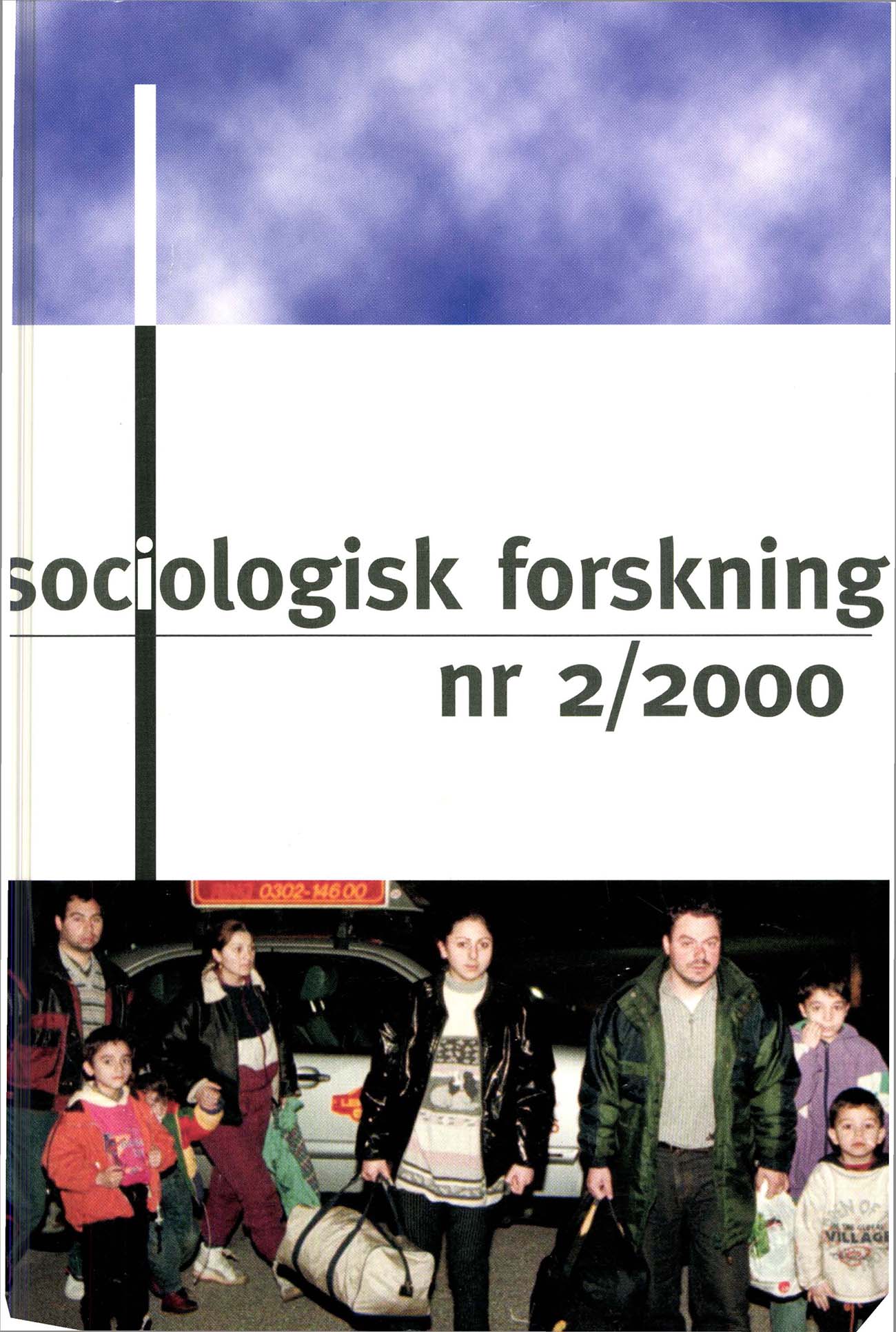Arbetslösas anspråk och anspråkens betydelse för chansen att få ett bra jobb
DOI:
https://doi.org/10.37062/sf.37.19475Abstract
The demands of the unemployed and their role for the possibility to get a good job
This article studies what affect the demands of the unemployed and what these demands mean for the unemployeds possibility to get a good job. The study is based upon longitudinal data collected during a period of high unemployment. The results show that the demands of the unemployed are to a great extent adapted to their situation. High demands regarding qualifications are particularly common among individuals who have invested resources in vocational training. There is also a tendency for the housing situation to be important for social reasons, and for salary expectations to vary with the wage situation in the part of the labour market in which the unemployed moves. The probability of getting a good job is marginally affected by the unemployeds demands and their search behaviour. The chance to get a good job is primarily affected by social and labour market conditions in the environment of the unemployed. Newly employed more often get regular jobs and the re-employed more often get jobs that meet their demands. This study shows that many unemployed accept temporary jobs and jobs that not correspond to their demands.
Downloads
Published
How to Cite
Issue
Section
License
All content in Sociologisk Forskning is published with immediate open access, under the Creative Commons license CC BY-NC-ND 4.0.
All content may be read, downloaded, shared and printed for non-commercial purposes, free and without fees. Contents may not be altered. When content is reused, author, source and a link to the copyright licence must be provided. The author retains copyright to their content. No publication fees are charged.





